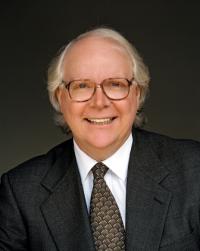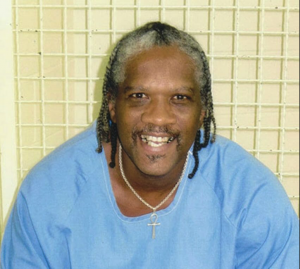


”Many of the findings of the Commission’s year-long investigation were disturbing and led Commission members to question whether the death penalty can be administered in

“Excessive bail shall not be required, or excessive fines imposed, nor cruel and unusual punishments inflicted,” says the Eighth Amendment of the U.S. Constitution. You
The state’s high court announced Thursday that it will hear oral argument in Briggs v. Brown, the lawsuit challenging the constitutionality of Proposition 66, which

Three events in the last few weeks are indicative of the turmoil still surrounding the death penalty in Florida. When the Florida Supreme Court acquitted

In Alabama on Thursday, the state Senate voted 26-3 to approve a bill already passed by the House that supporters say will trim years off
In Philadelphia on Tuesday, a civil rights lawyer, who is opposed to the death penalty, has never worked as a prosecutor, and has defended Black

Last year, the editors of the Southwestern Law Review asked Stephen Rohde, a constitutional lawyer and DPF board chair, if he was interested in writing

Beginning the day after Easter, and continuing over the next 11 days, the state plans to kill seven men, four of whom are black, three white.
In their paper, ” ‘A World of Steel-Eyed Death’: An Empirical Evaluation of the Failure of the Strickland Standard to Ensure Adequate Counsel to Defendants with Mental Disabilities Facing the Death Penalty,” law professor Michael L. Perlin, criminology professor Talia Roitberg Harmon, and doctoral student Sarah Chatt analyze how inadequacy of counsel claims, established by the U.S. Supreme Court’s decision in Strickland v. Washington (1984), were decided in the Fifth

“Everyone has a breaking point. Anyone can be convinced to confess, to lie. And it’s not only that they can but they do it at great risk to their future. It’s deeply fascinating and deeply troubling. The idea that someone would give a false confession is so counterintuitive, it fascinates me intellectually,” says Richard A. Leo, a Professor of Law and Psychology at University of San Francisco’s law school. Leo

California Gov. Gavin Newsom today ordered additional DNA testing on evidence in the case of Kevin Cooper, who was sent to death row almost 34 years ago for a quadruple murder in Southern California that he has insisted he didn’t commit. “I take no position regarding Mr. Cooper’s guilt or innocence at this time. Especially in cases where the government seeks to impose the ultimate punishment of death, I need to be
The Toledo Blade reports that Ohio Governor Mike DeWine is putting executions on hold because, he said today, “Ohio is not going to execute someone on my watch when a federal judge has found it to be cruel and unusual punishment.” DeWine was referring to a January decision by a federal judge in response to a challenge of the state’s use of midazolam in executions by attorneys for condemned prison
Proposition 66 was passed by popular vote in 2016. Proponents insisted the proposition would speed up the process of capital trials and executions. It was big on promises, and short on details, but a slim majority — 51% — of Californians voted in favor of it. As a result, the California Judicial Council, under the auspices of the Chief Justice of the California Supreme Court, created rules implementing Proposition 66, scheduled
Republican Governor Mike DeWine postponed the execution of Warren Keith Henness late last month and ordered the state Department of Rehabilitation & Correction to “to assess Ohio’s current options for execution drugs and examine possible alternative drugs.” Henness was scheduled to be executed next Wednesday. DeWine ordered the reprieve in response to a decision issued by a federal judge on January 14 stating that, “If Ohio executed Warren Henness under its
“Kevin Cooper Case: Was the Wrong Man Convicted in the 1983 Chino Hills Massacre?” was the title of a two-hour episode on a “48 Hours” program on CBS. An op-ed in the Los Angeles Times asked, “DNA tests could reveal if Kevin Cooper was wrongly convicted of murder. Why didn’t Jerry Brown order them?”. And Kevin Cooper wrote two op-eds, one in the San Francisco Chronicle, “Death row inmate asks Gov. Newsom
In California, the state Supreme Court unanimously overturned the death sentence of Jamelle Edward Armstrong, convicted of killing a Southern California woman in 1998. The LA Times reports that the court said “prospective jurors were improperly excused for expressing ambivalence about the death penalty.” All of the excused jurors had indicated they would be able to vote for death in spite of their personal views. Additionally, three of the seven
In her op-ed, “Want to Keep Ohio’s Death Penalty? Fix it First,” in the Columbus Dispatch, Phyllis L. Crocker commends Ohio Governor Mike DeWine’s order delaying the execution of Warren Keith Henness to give corrections officials time to find alternative lethal injection drugs, but says he’s only addressing part of the problem with the state’s death penalty system. Crocker was a member of the Ohio Supreme Court Joint Task Force